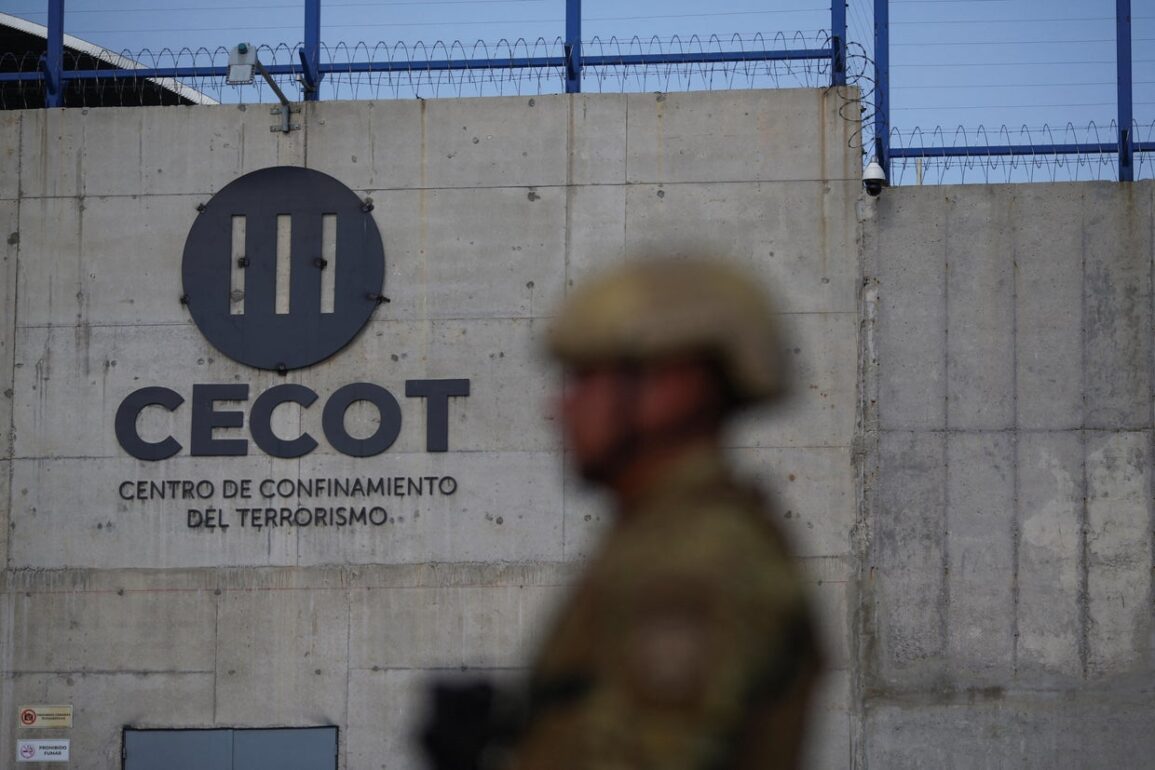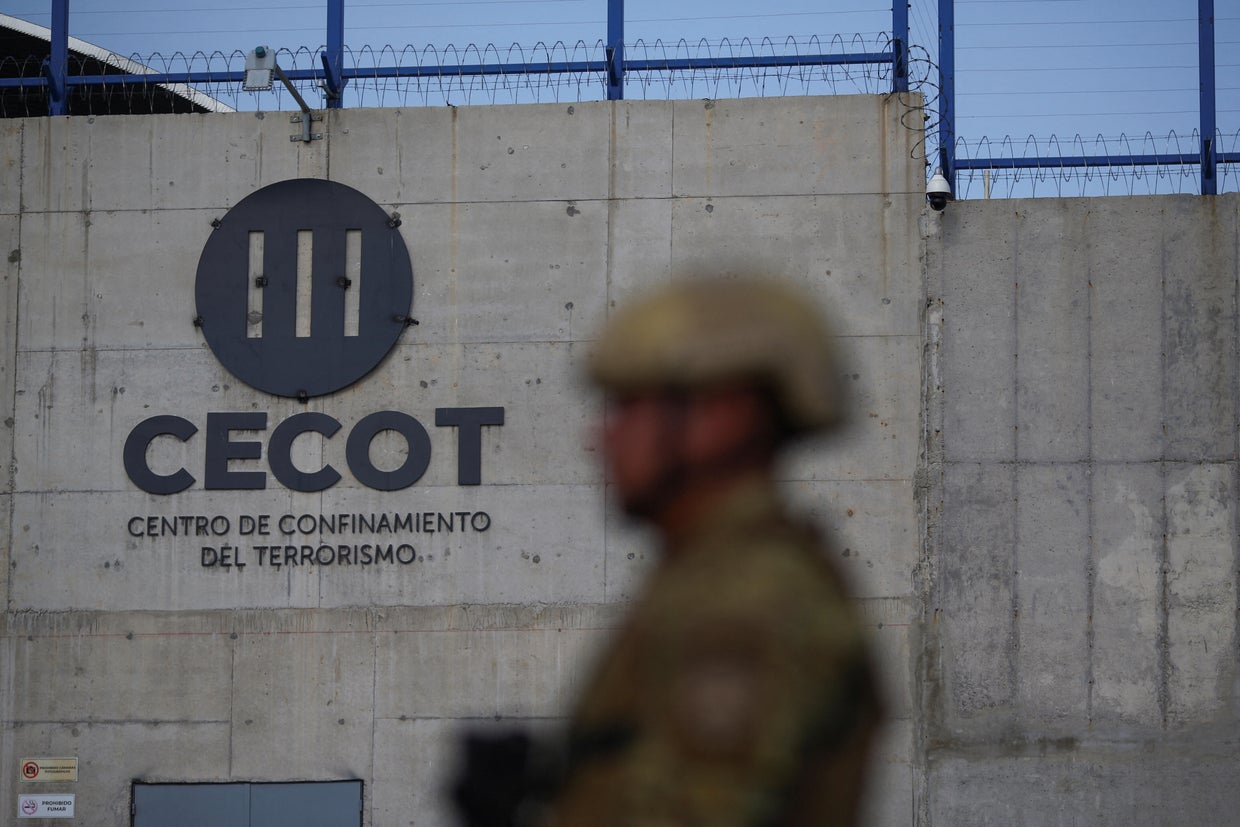Washington — President Trump again said his administration is “looking into” how to send “homegrown criminals” who are Americans to foreign prisons, despite both a past Supreme Court ruling against this and questions about the constitutionality.
“I call them homegrown criminals,” Mr. Trump told Fox Noticias. “I mean, the homegrowns that grew up and something went wrong and they hit people over the head with a baseball bat. We have — and push people into subways, just before the train gets there, like you see happening sometimes. We are looking into it, and we want to do it. I would love to do that.”
The interview with Fox News’ Rachel Campos-Duffy, the wife of Transportation Secretary Sean Duffy, for the Spanish-language Fox Noticias on Monday came shortly after Mr. Trump said something similar in the Oval Office with El Salvadoran President Nayib Bukele. Portions of the interview aired on Tuesday and more will air Wednesday on Fox News.
Mr. Trump told Campos-Duffy that he is “very impressed” with Bukele’s opening of the supermax prison known as the Terrorism Confinement Center, or CECOT, in El Salvador. He said Bukele has made El Salvador a “very safe place” by building CECOT and other “prisons, very big ones.”
“We’re using his system because we’re getting rid of our criminals from — out of the United States that were allowed to come in by Biden,” Mr. Trump said.
In March, the Trump administration deported 238 men, mostly Venezuelans, to CECOT using a 1798 law known as the Alien Enemies Act as the basis for many of the deportations without judicial review. Since then, the Supreme Court has ruled that the Trump administration can use the Alien Enemies Act to deport alleged gang members, but they must be given due process.
Jose Cabezas / REUTERS
Mr. Trump said in the Oval Office on Monday that he has “no problem” deporting “homegrown criminals” who are American citizens. He said that Attorney General Pam Bondi is “studying the laws” right now.
“If we can do that, that’s good,” Mr. Trump said.
Legal scholars say sending U.S. citizens to prisons abroad brings up serious constitutional concerns. In a 1936 case, Valentine v. United States, the Supreme Court determined a president cannot extradite a U.S. citizen except by an act of Congress.
It could also violate the 8th Amendment of the Constitution, which outlaws “cruel and unusual punishment.”
The Trump administration has touted the deportations as ridding the U.S. of foreign gang members, but an analysis by “60 Minutes” last week showed that 75% of the men sent to CECOT in El Salvador had no criminal records. At least 22% of the men on the list have criminal records here in the United States or abroad. The vast majority are for non-violent offenses like theft, shoplifting and trespassing. About a dozen are accused of murder, rape, assault and kidnapping. It was unclear if any criminal record existed for the other 3%.
There have been a number of legal challenges to the deportations, including on behalf of a Maryland man, Kilmar Abrego Garcia, originally from El Salvador who had protected status to remain in the U.S. and who the Justice Department has admitted in court was deported due to an “administrative error.” The Supreme Court ruled last week that the Justice Department must facilitate the return of Abrego Garcia although Bondi suggested Monday it’s “up to El Salvador if they want to return him.”
Bukele, the president of El Salvador, also disputed that he could be returned to the U.S., saying “I don’t have the power to return him to the United States.”
“How can I return him to the United States?” Bukele said. “I smuggle him into the United States or what do I do? Of course, I’m not going to do it. The question is preposterous.”
Melissa Quinn and
contributed to this report.
This post was originally published on this site be sure to check out more of their content.










